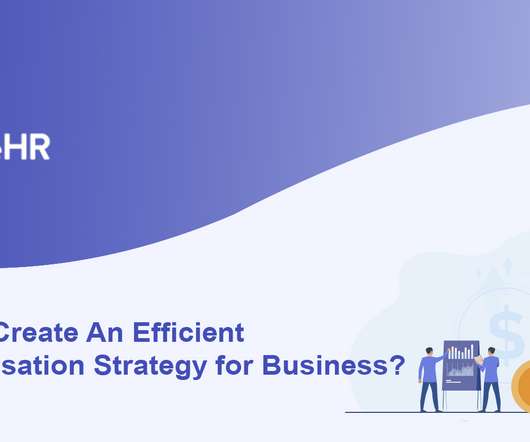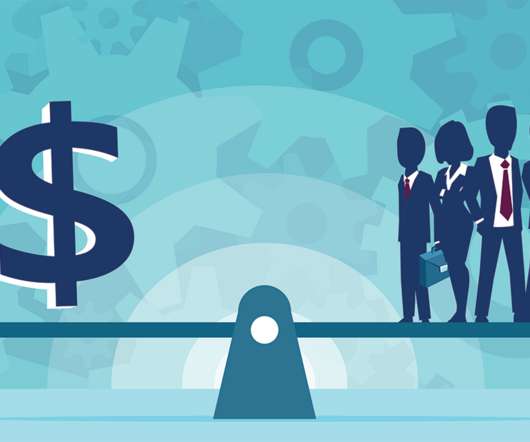Building An HR Department: A Step-By-Step Guide
HR Tech Girl
APRIL 17, 2023
HR departments have five principal functions: meeting staffing needs, employee compensation, employee benefits, performance assessment and appraisal, and law compliance. Their priority is to manage the needs and struggles of a company’s employees. That ensures accessibility and data privacy.
























Let's personalize your content